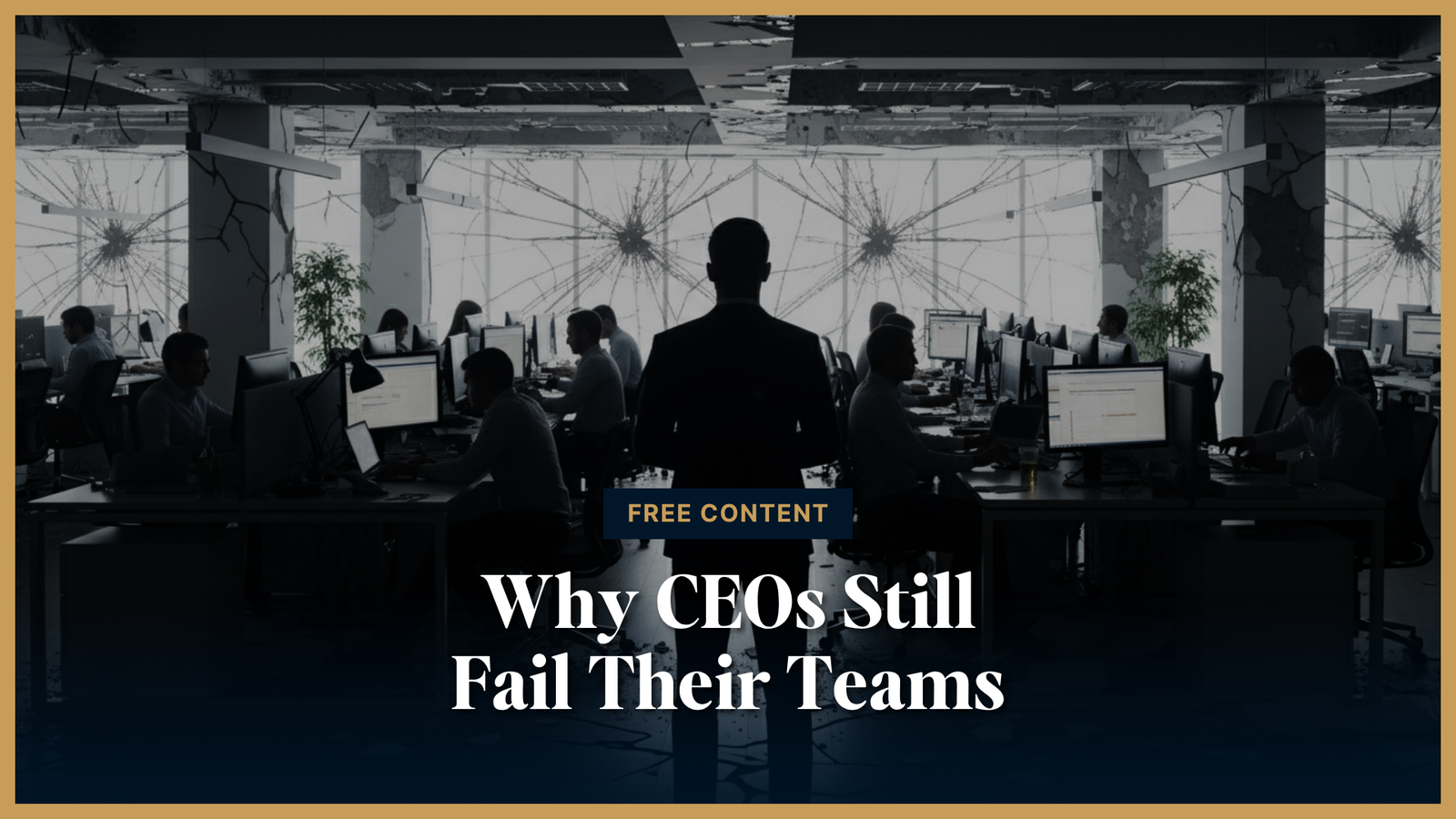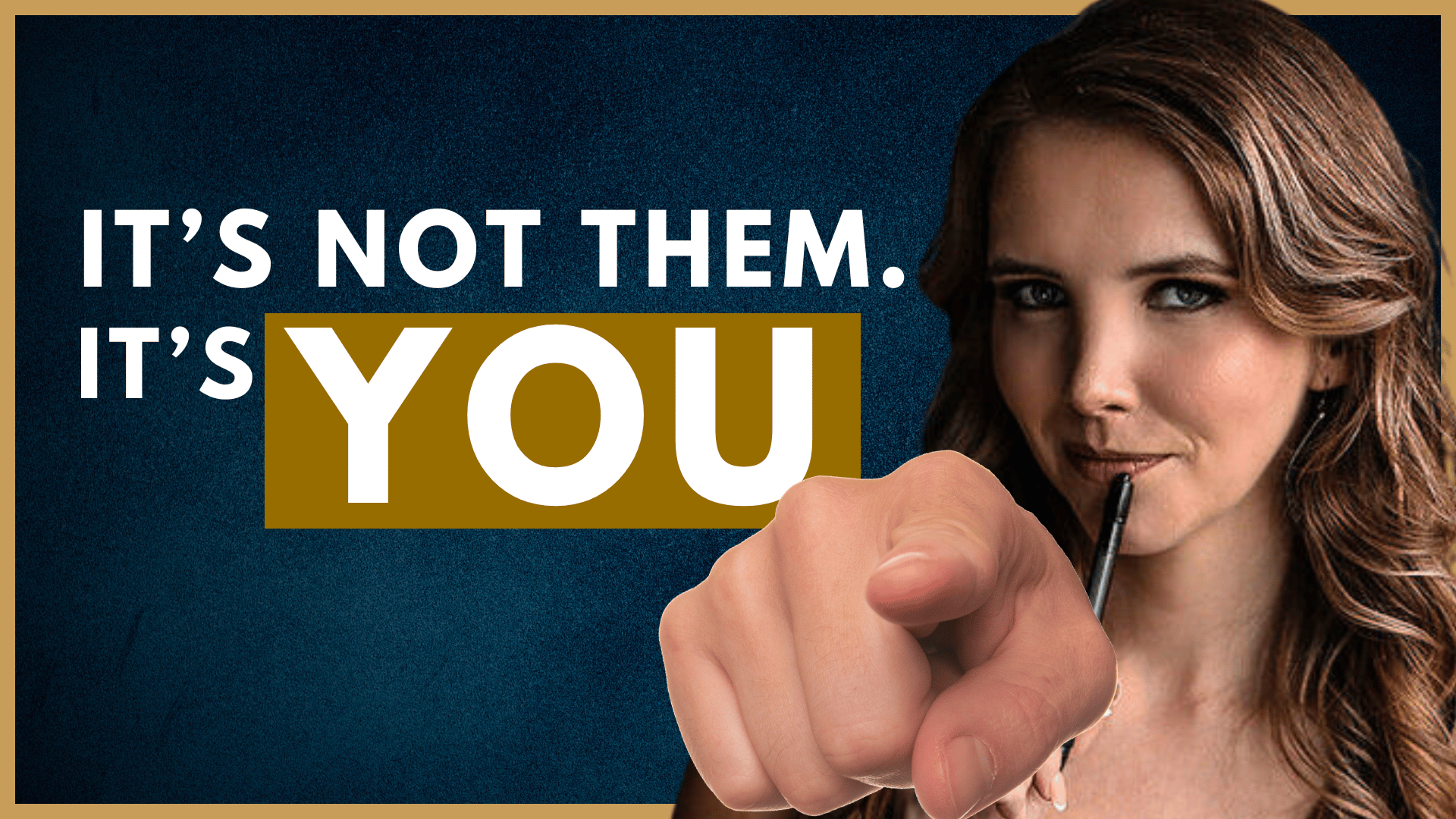When Success Isn’t Leadership
In today’s startup culture, winning often gets mistaken for leading.
Many founders can scale a business, close deals, and flash seven-figure numbers — but still quietly lose the respect, loyalty, and motivation of their teams.
As leadership strategist Taylor Davis said in her interview on The Elite League Podcast:
“If you’re a millionaire and you have a company — you need to figure out work-life balance. Because if you’re not feeding your people the way they’re feeding your business, you’re bleeding loyalty.”
That single line exposes the silent epidemic behind many modern companies: disconnected leadership.
The truth is, success doesn’t make you a leader. How you care for your people does.
This post was inspired by The Elite League Podcast featuring Taylor Davis, CEO of Wildly Satisfied.
Watch the full conversation to dive deeper into how energy, integrity, and care define modern leadership.
The Modern Leadership Problem
We live in an era where employees have options.
They can build side hustles, freelance, or join mission-driven startups that value their well-being. The best talent no longer tolerates burnout culture.
Taylor puts it bluntly:
“We’re in a society now where people don’t need to work for you. They can make their own money. So they’re choosing companies that actually give a damn.”
If you’re leading with fear, control, or an outdated grind mentality, you’re not just running your team into the ground — you’re driving your best people away.
Here’s the hard truth:
Work-life balance isn’t a soft luxury. It’s a strategic asset.

Lesson #1: Leadership Is Energy Management
Your company runs on the energy you create. If you’re chaotic, scattered, or constantly drained, that vibration flows straight into your culture.
Taylor calls this energetic responsibility — understanding that how you show up each day determines how your people show up.
So before you overhaul your systems or hire new people, ask yourself:
- What energy am I bringing into my business?
- Do I set the tone I want others to follow?
- Would I want to work for me?
“You can’t feed a business with people who are starving,” Taylor says. “If your energy is off, everyone feels it.”
Lesson #2: Redefine Work–Life Balance as Integration
Taylor rejects the idea of “balance” as equal hours. Instead, she teaches integration.
That means designing systems that allow your people to live — not just work.
Let them breathe, move, create, and feel seen.
Practical ways to start:
- 🕓 Flexible Sprints: Measure outcomes, not clock hours.
- 💬 Weekly Check-Ins: Ask one personal question before diving into KPIs.
- 🪞 Reflective Leadership: Encourage team members to assess their own energy levels and capacity.
When people feel cared for, they care back.
Lesson #3: Care Is the Competitive Edge
The CEOs winning in 2025 aren’t the ones working harder — they’re the ones listening better.
Taylor says:
“People are choosing cultures that are fun to work in, where they love their team members. When they feel fulfilled, they’ll work harder than any bonus could ever push them.”
Human connection creates efficiency.
Compassion creates performance.
Fulfillment creates retention.
If your culture isn’t anchored in care, no amount of money or perks will buy true loyalty.
Lesson #4: Audit Yourself Before You Audit Systems
Every CEO eventually faces the mirror moment — when you realize your team’s issues reflect your own.
Taylor’s challenge to leaders is simple yet uncomfortable:
“You’re not an innovative leader if you say work-life balance isn’t possible. You’re ineffective.”
Audit yourself:
- Where am I overcontrolling?
- Where am I avoiding hard conversations?
- Where am I expecting output I’m not modeling myself?
Self-awareness isn’t a buzzword — it’s a growth strategy.
Action Steps for Founders & CEOs
If you’re serious about elevating your leadership, start here:
- Ask Your Team What Feeds Them.
Don’t assume you know. Create space for honest dialogue. - Create an “Energy Map.”
Identify when and where you feel most drained or most alive — and design your schedule accordingly. - Replace “Hustle Metrics” With “Fulfillment Metrics.”
How supported, rested, and inspired are your people? Measure that. - Model the Integration You Expect.
If you want your team to have balance, demonstrate it. Leave early sometimes. Take a full weekend off.
Leadership isn’t about doing more — it’s about being aligned.
Final Takeaway: Fulfillment Is the Future of Leadership
Taylor Davis isn’t preaching softness; she’s redefining effectiveness.
Caring about your people isn’t weakness — it’s strategy.
When you feed your team the way they feed your business, you create the only kind of success that lasts: one rooted in trust, energy, and humanity.
“When people are passionate about what they’re building,” she says, “they’ll put their head down and give everything they’ve got — not because they have to, but because they want to.”
👉 Want more strategies like this? Subscribe to Elite League Mastermind, where we break down lessons from The Elite League Podcast and show you how to apply them directly to your business.





Member discussion